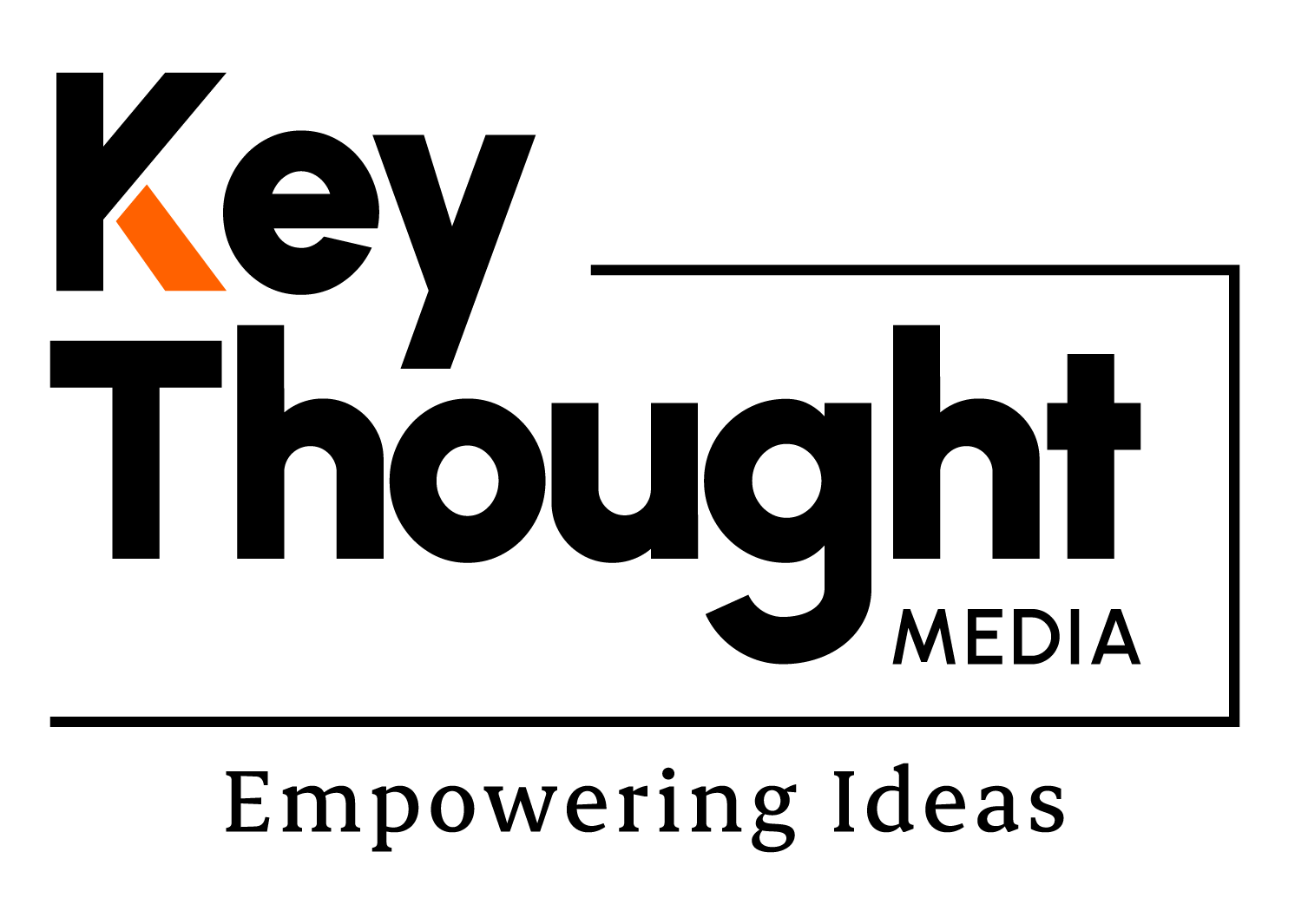In the age of internet and information technology, a parallel reality is in the making. Here we make social relationships for different reasons. Everything we know about social relationships is undergoing transformation because of digital revolution. From offices to our children’s classrooms everything has come home. Having a social media presence has become mandatory to keep connected with friends, family and colleagues.
Social media presence not only helps us keep connected, but aids in our professional growth. It helps us to stay informed and networked. Using social media for any of the two reasons or both has pros and cons. The negative side of using platforms like Facebook, Twitter, Instagram, and My Space etc. makes us vulnerable because there is a lot of information which can come handy to the people with criminal motives and cost us big time.
Now that social media presence is imperative, we need to know about what are social media crimes. Literacy about social media crimes not only help us protect ourselves, but also prevent us from committing a criminal act. What’s fun for us can tantamount to crime attracting legal consequences.
Let’s talk about some of the crimes one is prone to face or commit on social media in absence of awareness.
Introducing the Campaign
Interaction, connection, work, and fun! The list of what we can do on #socialmedia is endless. If done wrong, each one of these can have legal consequences. How about knowing some #keythoughts while using social media?
Creative: Safety on Social Media : Some #keythoughts
Harassment: Did someone ask you for illegal financial transaction or bribe through any of the social media platforms? Did any comment, DM, or e-mail cause verbal, emotional, and sexual abuse? This is social media harassment. IT Act 2000 penalises harassment with three years of jail term.
Creative: Prevent Social Media Harassment
Cyber-stalking: Yes, online stalking is also a crime like stalking in real life. Keeping track of a woman’s online activities, threatening comments, or DMs on any of the social media platforms is a criminal activity. Section 354D of the IPC provisions for three years jail even for the first-timers.
Creative: Cyber- stalking! #keythoughts for prevention.
Defamation: What if you make, hear or read a false statement about yourself on social media?If a written, verbal, or visual material jeopardises your reputation on social media then it is defamatory. Defamation is an illegal offence both online and offline as per the
Section-499 of IPC. Did it happen ever happen to you? What did you do about it?
Creative: Threat to social media reputation!
Cat-fishing: You fell for that guy or girl within minutes who might have never existed. May be they asked you for money! Sadly! Luring someone emotionally with fraudulent intentions with a fake identity or impersonation on social media is a crime. The act is punishable under IT Act, 2000 depending upon the implications on the victim.
Creative: Facebook. Friendship. Fraud.
Wooed or mooched?
Women’s pictures: Using women’s pictures to create fake profiles on social media platforms is a common practice. Doing so without the permission of the concerned women may attract three years of jail sentence under the section 345A of the IPC. Every social media platform has privacy policy for using pictures. Do you think the are stringent enough?
Creative: That’s not me on Insta!
Criminal intimidation: Women are targets of criminal intimidation on social media quite often. The Indian Penal Code penalises any effort of harming the reputation of any woman by intimidation under the section-503 and section-507 if done anonymously. Doing so on social media has high chances of getting charged in other laws, too.
Creative: Friendship or social media harassment?
Employee: we all have our good and bad days with our employers. It’s okay to ventilate your feelings about workplace on your personal social media handle but it shouldn’t be defamatory as per section-499 of IPC. Disclosing any private or confidential information as per
section-65 and of IT Act, 2000 is also punishable.
Creative: A bad day with boss?
#keythoughts for what not to do on twitter
Main References:
https://theswaddle.com/know-your-rights-protection-against-online-harassment/
http://www.cyberjure.com/phishing-c-11.html


